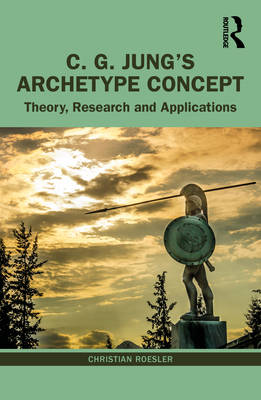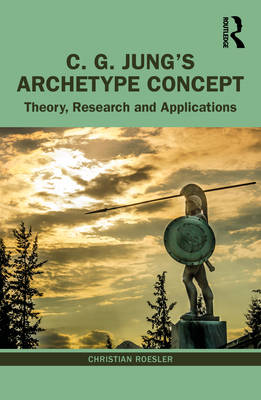
- Retrait gratuit dans votre magasin Club
- 7.000.000 titres dans notre catalogue
- Payer en toute sécurité
- Toujours un magasin près de chez vous
- Retrait gratuit dans votre magasin Club
- 7.000.0000 titres dans notre catalogue
- Payer en toute sécurité
- Toujours un magasin près de chez vous
C. G. Jung's Archetype Concept
Theory, Research and Applications
Christian RoeslerDescription
The concept of archetypes is at the core of C. G. Jung's analytical psychology. In this interesting and accessible volume, Roesler summarises the classical theory of archetypes and the archetypal stages of the individuation process as it was developed by Jung and his students. Various applications of archetypes, in cultural studies as well as in clinical practice, are demonstrated with detailed case studies, dream series, myths, fairy tales, and so on.
The book also explores how the concept has further developed as a result of research and, for the first time, integrates findings from anthropology, human genetics, and the neurosciences. Based on these contemporary insights, Roesler also makes a compelling argument for why some of Jung's views on the concept should be comprehensively revised.
Offering new insights on foundational Jungian topics like the collective unconscious, persona, and shadow, C. G. Jung's Archetype Concept is of great interest to Jungian students, analysts, psychotherapists, and scholars.
Spécifications
Parties prenantes
- Auteur(s) :
- Editeur:
Contenu
- Nombre de pages :
- 216
- Langue:
- Anglais
Caractéristiques
- EAN:
- 9780367510534
- Date de parution :
- 29-12-21
- Format:
- Livre broché
- Format numérique:
- Trade paperback (VS)
- Dimensions :
- 129 mm x 198 mm
- Poids :
- 226 g

Les avis
Nous publions uniquement les avis qui respectent les conditions requises. Consultez nos conditions pour les avis.






